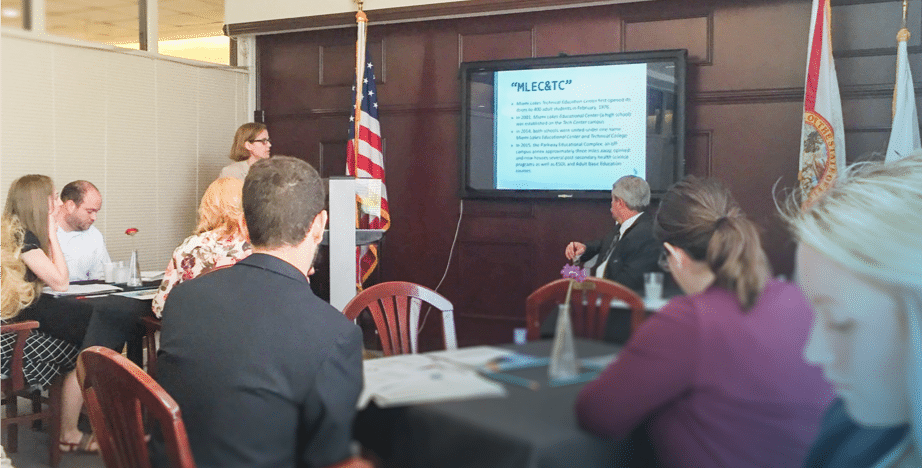Overview
Despite decades of efforts to reform education and billions of dollars of expenditures, America is still failing to prepare millions of its young people to lead successful lives as adults. Evidence of this failure is everywhere: in the dropout epidemic that plagues our high schools and colleges; in the roughly half of our young people who reach their mid-20s without earning a postsecondary degree or industry-recognized credential; and in teen and young adult employment rates not seen since the Great Depression. Pathways to Prosperity, a new report from the Harvard Graduate School of Education, argues that our national strategy for education and youth development has been too narrowly focused on an academic, classroom-based approach. Meanwhile, many other advanced industrial nations are succeeding with a broader, more holistic approach that places greater emphasis on career and technical education and work-based learning. Pathways to Prosperity contends that in order to regain the educational leadership we held for more than a century, the United States must build a more comprehensive network of pathways to serve youth in high school and beyond.
Participants included:
- Robert Schwartz, Academic Dean, Harvard Graduate School of Education
- Ronald Ferguson, Harvard Graduate School of Education and Director, Achievement Gap Initiative at Harvard University
- William Symonds, Director, Pathways to Prosperity Project, Harvard Graduate School of Education
- Stanley Litow, President, IBM Foundation & Vice President, Corporate Citizenship and Corporate Affairs
- Robert Templin, President, Northern Virginia Community College
- Andres Alonso, CEO, Baltimore City Public Schools
With Special Remarks by
U.S. Secretary of Education Arne Duncan

Co-sponsored by the Harvard Graduate School of Education
Click here to read the Presenter Biographies»
Event Resources




